Fulfilling the Believer's Duty: Harnessing Innovation for Waqf Advancement
Innovation is a distinguishing and exclusive ability of a human being that no other animal does not share. Some people will be able to make innovation at a minimal level, while others can put it forth at ground-breaking and cutting-edge levels. Innovation is for improving the quality and safety of life, living standard, comprehensive welfare of the community, material and spiritual prosperity, ecological and environmental balance. These goals are at the core of human vicegerency on the earth. In addition, these are fundamentals of any craftsmanship.
Allah (ﷻ) loves to see the characteristics, innovation, originality, precision, perfection, and excellence in human beings when they fulfil their duties, including the cultivation of the earth, as mentioned in the Quran {He brought you into being out of the earth, and made you thrive thereon} (Hūd: 61). These qualities will make the believers closer to Allah (ﷻ). In other words, innovation, originality, precision, perfection, and excellence contribute to the welfare of this world and the success of the next world. As a result, the first beneficiary of these qualities is the one who practises them.
Innovation portrays the keen interest and solid vision of the progressed and creative community. Innovation needs the intellectual capacity to invent or discover without imitating for the cause of public benefit. Islam encourages beneficial innovation. The value of a person is elevated according to the benefit he offers, the maximum service he caters and the sustainable development he produces. “The most beloved of the people to Allah (ﷻ) are the most beneficial for the people” (al-Muʻjam al-Awsaṭ 6/139).
The human intellect has been entrusted by Allah (ﷻ) with a purpose, that is, to execute wholesome vicegerency, sincere servitude and fulfilment of Amānah. The intellect should be indeed for thinking, reflecting, understanding, knowing, translating, planning, pondering, leading, guiding, solving and acknowledging. All these things should be based on the concept of tawhid, realising and recognising the supremacy of Almighty Allah (ﷻ).
The present tense of ʿaqala which means ‘to use one’s intelligence’, is used in Quran 46 times and the question “do you think” is repeated 13 times.[i] Using the intellect is part of ḥifẓ al-ʿaql (preservation of intellect), one of the higher objectives of Sharīʿah. Islam encourages competition in doing good and excelling in creative endeavours. How can a person win a competition if he limits himself to imitation and monotonous activities? Allah says: {So, compete with one another in doing good} (al-Baqarah: 148) and {Those who wish to excel above others, let them endeavour to excel in this} (Al-Muṭaffifin: 26). This compition and excellence is an investment, he can its rewards in both worlds, as the Quran puts forth {Whatever good you will send forth for yourselves, you will find it with Allah, which will be much better and greater in reward} (Muzammil: 20). Especially, spending for the cause of Allah (ﷻ) is important investment, as Allah (ﷻ) guarantees {Whatever wealth you spend in charity, it is to your own advantage, provided you give to seek the pleasure of Allah. Whatever wealth you spend for the sake of Allah will be paid back to you in full, and you will not be wronged}. (al-Baqarah: 272).
These are essential values to be highly upheld in the lives of every believer. Even when someone spends or gives to others voluntarily, he has to choose the valuable and treasurable, not unworthy or waste. The Quran says {You can never attain righteousness unless you spend in the cause of Allah (ﷻ) that which you dearly cherish} (Āl-ʿImrān: 92). Two core lessons are inferred from this āyat. Firstly, give or take, do it in a valuable and commendable way. Second is the importance of charity and spending for the sake of Allah (ﷻ). One form of highly meritorious charity is waqf, which is the focus subject of this article. Waqf is a source of revenue for enhancing social welfare, particularly for the grassroots, and this article drafts its future directions. Along with choosing a cherishing product for waqf, the best party to the endower should be selected as beneficiaries, in terms of most deserving to him or her. Perpetuity is the exceptional attribute of waqf that distinguishes it from other forms of charity. Therefore, the governance that ensures its everlasting utility is an obligatory duty. These lessons can be seen in the practical example given in the hadith below:
Narrated by Ishaq bin `Abdullah that I heard Anas bin Malik saying:
Abū Ṭalḥa had more property of date-palm trees gardens than any other amongst the Anṣār in Medina, and the most beloved of them to him was Bayruḥā’ garden, and it was in front of the Mosque of the Prophet (ﷺ). Allah's Messenger (ﷺ) used to go there and used to drink its nice water." Anas added, "When these verses were revealed: “By no means shall you Attain righteousness unless You spend (in charity) of that Which you love”. (3.92) Abū Ṭalḥa said to Allah's Messenger (ﷺ) 'O Allah's Messenger (ﷺ)! Allah, the Blessed, the Superior says: By no means shall you attain righteousness, unless you spend (in charity) of that which you love. And no doubt, Bayruḥā’ garden is the most beloved of all my property to me. So, I want to give it in charity in Allah's Cause. I expect its reward from Allah. O Allah's Messenger (ﷺ)! Spend it where Allah makes you think it feasible.' On that Allah's Apostle said, 'Bravo! It is useful property. I have heard what you have said (O Abū Ṭalḥa), and I think it would be proper if you gave it to your Kith and kin.' Abū Ṭalḥa said I will do so, O Allah's Apostle.' Then Abū Ṭalḥa distributed that garden amongst his relatives and his cousins (Sahih al-Bukhari 1461).
Another hadith related to the waqf of ʿUmar bin Khaṭṭāb:
Ibn ʿUmar reported: ʿUmar acquired land at Khaybar. He came to the Messenger (ﷺ) and sought his advice in regard to it. He said: Allah's Messenger, I have acquired land in Khaybar. I have never acquired property more valuable for me than this, so what do you command me to do with it? Thereupon Messenger (ﷺ) said: If you like, you may keep the corpus intact and give its produce as Ṣadaqah. So 'Umar gave it as Ṣadaqah declaring that property must not be sold or inherited or given away as a gift. And ʿUmar devoted it to the poor, to the nearest kin, and to the emancipation of slaves, aired in the way of Allah and guests. There is no sin for one who administers it if he eats something from it in a reasonable manner or if he feeds his friends and does not hoard up goods (for himself). (Sahih Muslim, Book 13, Number 4006)
In the above two examples, the leading Companions chose the most beloved and valuable to them for making endowment. Both judiciously chose who should be the beneficiaries of their waqf. In addition, the hadith of ʿUmar laid the foundations for major juristic rulings related to waqf.
(This article is part of a research work which was originally published on AWQAF Journal, (44). pp. 14-52. ISSN 1609-4662, published from Kuwait).
Endnote
[i] Mohd Kamal, H. (2011). The Human Intellect, Divine Revelation and Knowledge Based on Al-Qaradhowi’s Work:. Revelation and Science, 1(03). Retrieved from https://journals.iium.edu.my/revival/index.php/revival/article/view/35
About the author
Sayyed Mohamed Muhsin, PhD is Assistant Professor of Islamic jurisprudence at the International Islamic University Malaysia (IIUM), Kuala Lumpur. He also serves as Editor-in-Chief of Islamonweb-English (https://en.islamonweb.net/)
Disclaimer
The views expressed in this article are the author’s own and do not necessarily mirror Islamonweb’s editorial stance.

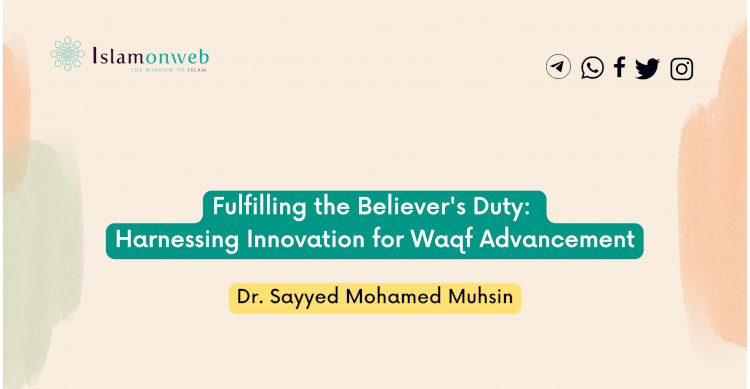


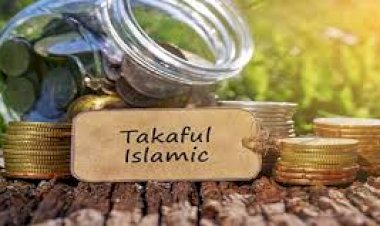
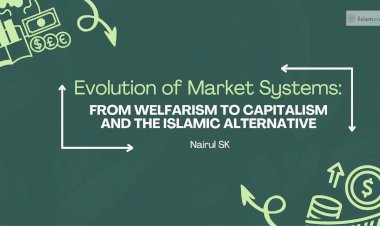
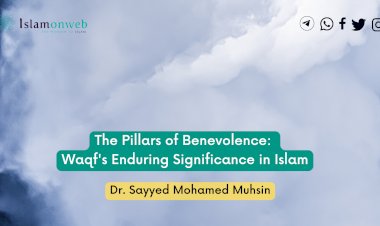

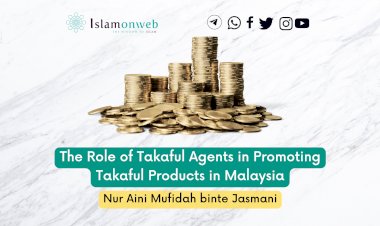
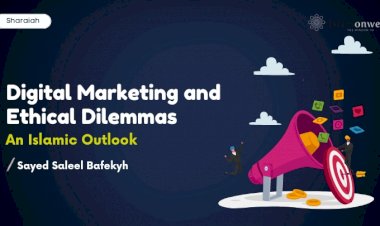














Leave A Comment